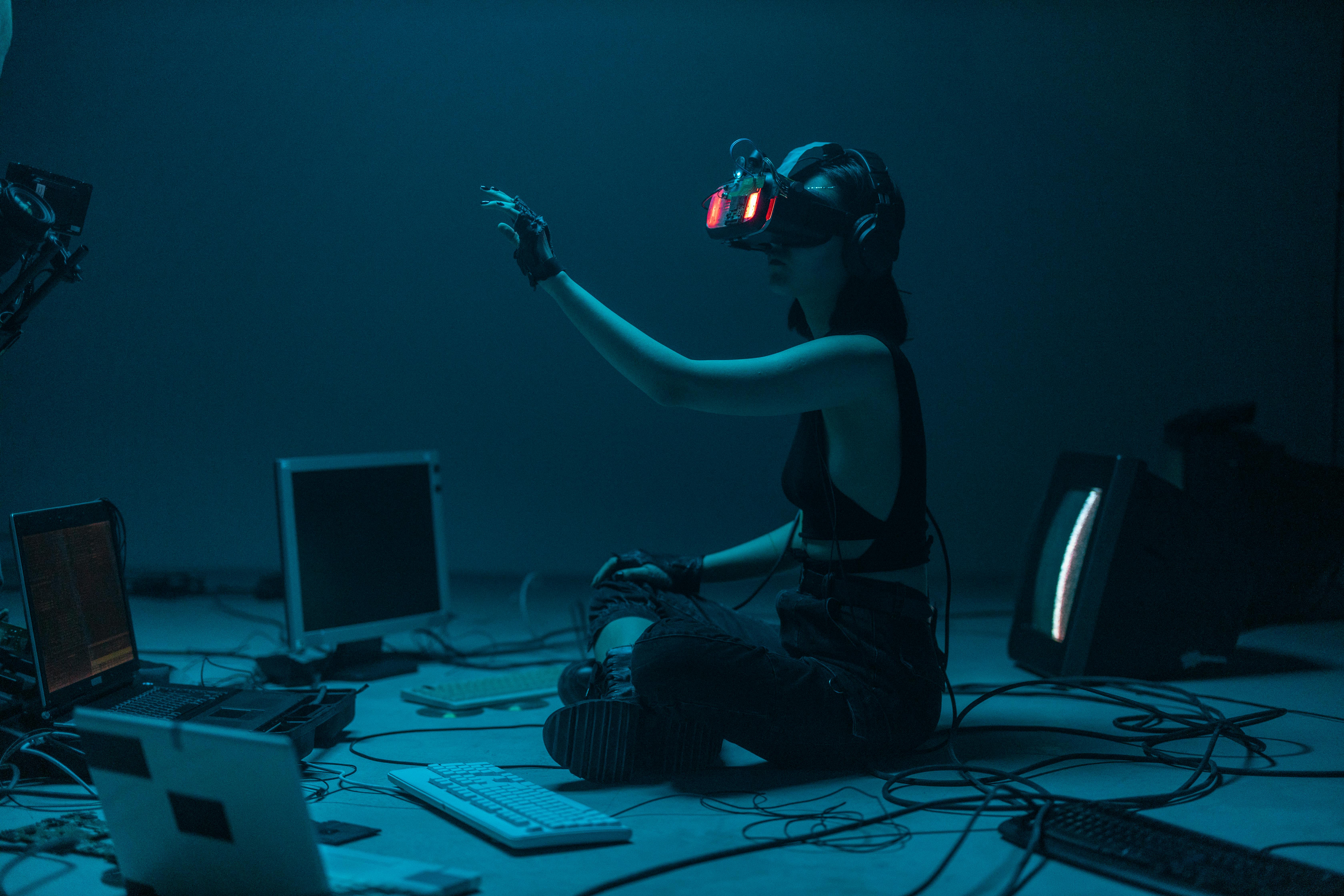Comparing AI and Human Intelligence: A Detailed Examination of Intelligent Entities

Artificial intelligence (AI) and human intelligence discernibly carry the same definition at their core, yet their applications and functions are vastly unique. Intelligence by definition can be understood as the capability of a system to comprehend complex structures and solve difficult problems. Both artificial and human intelligence aim to achieve this, albeit in dramatically different manners.
The Reliability of Artificial Intelligence
Artificial Intelligence's reliability mostly surpasses that of its human counterpart due to the fact that machines do not succumb to tiredness or burn-out. This contributes towards achieving consistent accuracy in decisions and tasks. AI systems also eradicate the occurrence of human-error, which makes AI a dependable option in fields where precision and repetition are crucial, for instance, in quality control scenarios, healthcare data analysis, or car manufacturing plants.
Speed and Functionality: Artificial Intelligence Winning The Race
When it comes to processing mass amounts of data or executing tasks with speed, AI again takes the lead. Unlike humans, machines are capable of conducting and analyzing millions of calculations in mere seconds. This high-speed processing engine that AI possesses can manage essential but monotonous tasks more efficiently than humans. For example, AI algorithms deployed in the travel industry are capable of generating hundreds and thousands of ticket combinations in seconds, thus offering faster and more efficient services to consumers.
Human Intelligence: The Master of Creativity and Adaptability
Despite AI's speedy calculations and data-centric advantages, these artificial entities lack the ability to adapt to new situations, think creatively, and interpret context beyond their pre-programmed instructions. Human intelligence, however, thrives in these areas. No amount of programming can empower AI to naturally understand and interpret sarcasm, metaphorical language, or emotional nuances. Moreover, AI lacks the capability to think creatively out of the box. These are the domains where human intelligence continues to dominate.
The Emotional Quotient: A Human Edge
Human beings hold a significant edge over AI in the aspect of Emotional Intelligence. AI is devoid of the capability to feel or understand emotions- a trait exclusively human. This absence of emotional quotient in AI systems heavily inhibits its applicability in areas where emotional interaction is necessary, like counseling or teaching professions.
The Collaboration of Artificial and Human Intelligence
Instead of viewing AI and human intelligence as competitors, they should be regarded as collaborators. A harmonious existence is not only possible but advantageous in the quest to maximize technological and societal advancements. Each can complement the downsides of the other and provide a more robust, dynamic, and efficient system. AI and human intelligence, when used in conjunction in areas like healthcare, can provide unprecedented breakthroughs by leveraging fast, accurate data analysis alongside careful, empathetic patient care.
The Future of Artificial Intelligence and Human Intelligence
As technology advances, AI’s realm of capabilities is sure to expand. Nonetheless, it is critical to remember that AI brilliance relies on human intelligence's creativity and ingenuity. While AI may improve in analytical tasks, the emotionally rich, unpredictable realm of human intelligence remains a realm still far to be conquered by AI. Will artificial and human intelligence forever stay as collaborators, or will the scales tip towards one is a question for the future to answer. For now, the blend of artificial and human intelligence offers numerous possibilities with a promise of an efficient, effective future.
Conclusion
In conclusion, while there are areas where AI excels, like speed, data analysis, consistency, and reliability, there are areas of creativity, adaptability, emotional intelligence where the human intellect continues to reign supreme. No form of intelligence is universally superior. Each has its own strengths and weaknesses, working best when combined. Thus, the narrative of human intelligence vs. artificial should shift towards the integration of both, for a more capable and progressive world.



